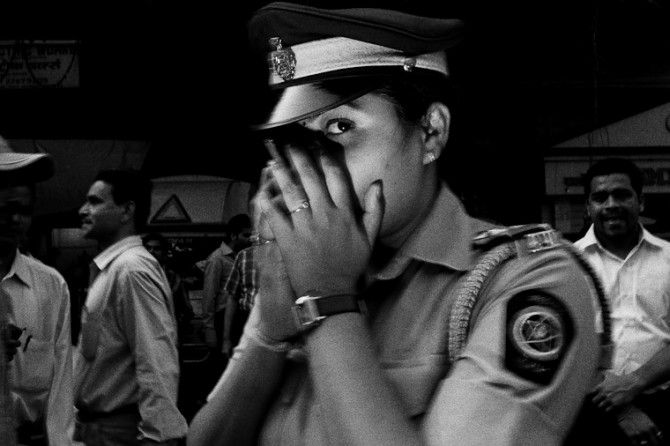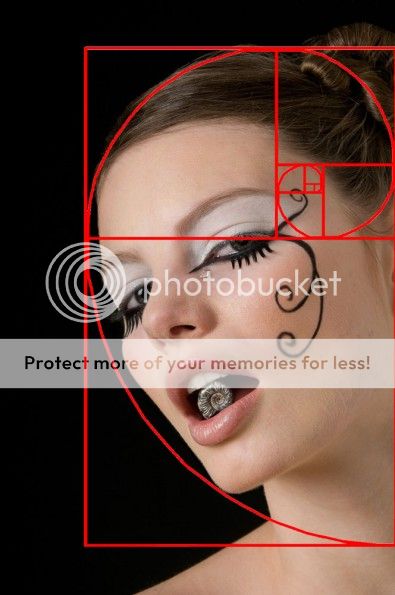The Top 10 Secret Tips To Become A Better Photographer
It's so easy…
1. Take pictures.
2. Take more pictures.
3. Take even more pictures.
4. Take even more than more pictures.
5. Take pictures when you don’t want to.
6. Take pictures when you do want to.
7. Take pictures when you have something to say.
8. Take pictures when you don’t have something to say.
9. Take pictures every day.
10. Keep taking pictures.
[via photofocus]


